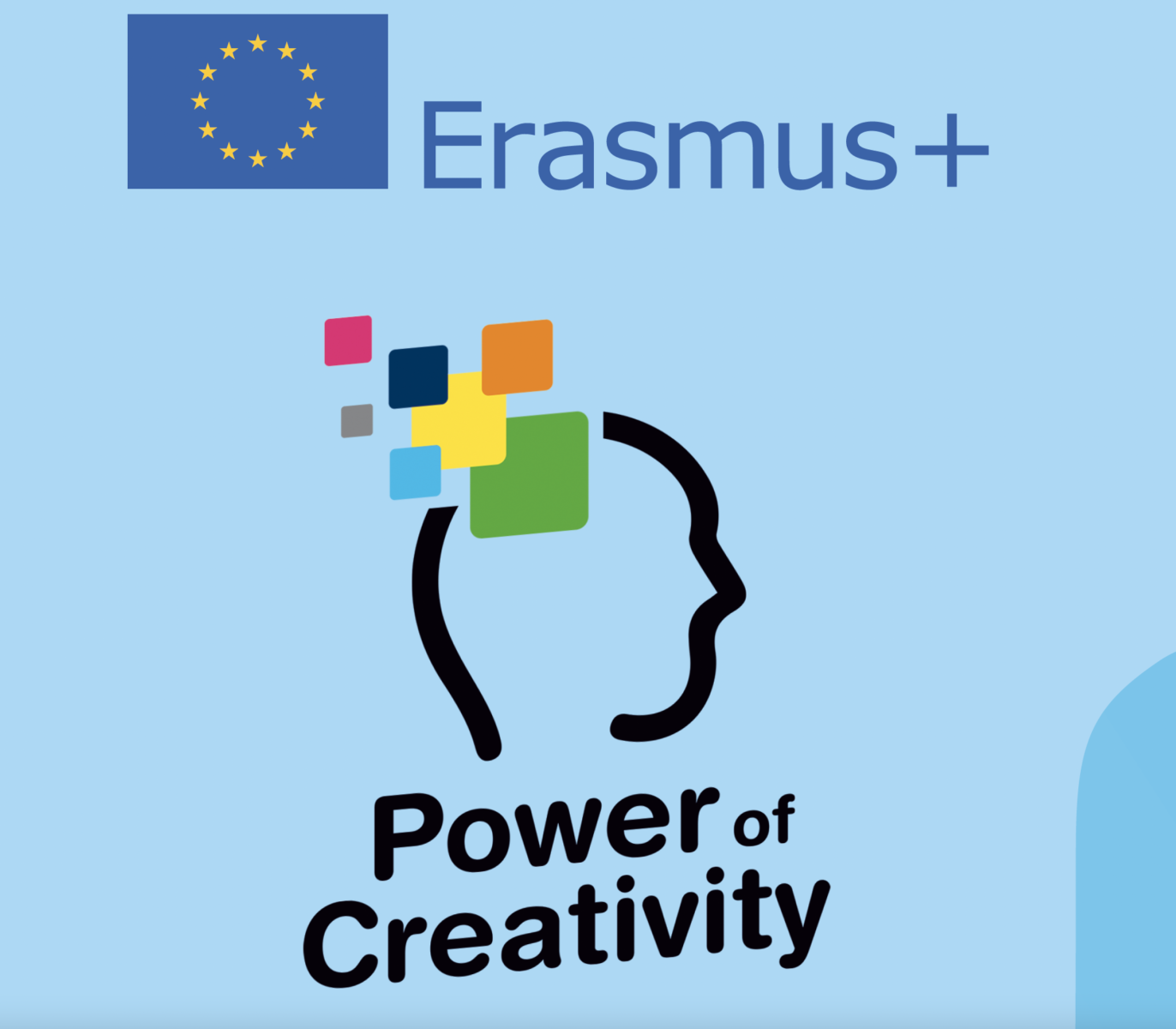Towards a masters degree for nurses in Sri Lanka
Alzheimer’s and Parkinson’s are examples of neurodegenerative diseases that affect people worldwide. Through the nEUROcare project, Kristianstad University, together with other European universities, contributes to the training of health care professionals in Sri Lanka. Last week, professionals from Europe and Sri Lanka met at Bäckaskog Castle.
The EU project nEUROcare aims to create a master’s program for health care professionals on neurodegenerative diseases in Sri Lanka. As the population of Sri Lanka has grown older, awareness of neurodegenerative diseases in the country has increased, which has highlighted a need for higher education. There is currently no similar education in the country and the project is expected to contribute to increased knowledge among health care professionals about neurodegenerative diseases, which could contribute to more people being diagnosed and receiving professional help as well as more person-centre care for both the affected people and their families.
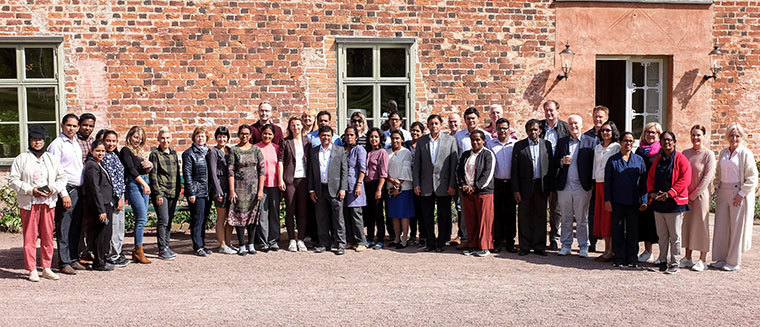
The next step is to design the content of the education and ensure that the format is in accordance with the rules in Sri Lanka. It is intended that the application to have the master’s degree approved will be submitted in January 2024. Before that, the partnership will record over 350 hours of lectures and develop all other material that will be included in the 1500 hours of education.
Last week, 43 employees from five European and four Sri Lankan universities met at Bäckaskog Castle to work on the joint and multi-year project nEUROcare (618596-EPP-1-2020-1-SE-EPPKA2-CBHE-JP) which receives funding from Erasmus + Capacity Building for Higher Education.
The project has been going on for a couple of years, but on a limited scale due to covid-19. This was the first real meeting with all project partners involved, which was really good. Now it feels like we’re up and running. It was a very productive meeting in combination with us getting to know each other better, which makes cooperation in the future easier.
Kristianstad University is the initiator of the project. Participating organizations are Neapolis University Paphos (Cyprus), University of Tartu (Estonia), Triskelion (Norway), University of Ljubljana (Slovenia), Colombo University (Sri Lanka), General Sir John Kotelawala Defense University (Sri Lanka), University of Peradeniya (Sri Lanka) and University of Ruhuna (Sri Lanka).
Act Now project placed on European list of innovative teaching award!
Here is some great news to share regarding our completed project “Αct Now” .
Ultimo May 2022 the Greek coordinator received an email and a phone call from the Greek National Agency, to inform us that our project has been selected and placed on the shortlist for the European Award for Innovative Teaching 2022 “Learning together with creativity and sustainability”.

The project’s Facebook page is now active at:
The Cleft Collective site
https://gateway.europeancleft.com
The Cleft Collective is a large-scale multigenerational cohort study of children born with cleft lip and/or palate (CL/P). More than 3300 families have been recruited from all 16 CL/P regional NHS clinical centres since 2013; they have contributed biological samples, completed questionnaires as well as speech and language assessments across various time points. Furthermore, with parents’ consent, the Cleft Collective has accessed medical and educational records through data linkage. This resource has been established to provide data from multiple disciplines with the aim of answering your research questions relating to cleft.
The Cleft Collective website details how you can access the resource. The data access policy, research proposal form and a data dictionary detailing the data which is currently available are all accessible via the website. Please do contact the Cleft Collective directly at email: [email protected] to discuss your research question further as the team is there to support you in any way they can. Where appropriate, they may also be able to discuss the potential of setting up a nested study with you, where new data is collected on a subsample of the cohort.
We encourage collaborators from all disciplines across the world to apply to use the resource.
Scr4Cleft team meets in Malta
The project team met in Malta on the 16th and 17th of December to discuss the training materials and feedback from pilot training. The interim report had come back with very positive feedback from the national agency with a comment that the work was of high quality.
It was held at the University of Malta Valletta Campus. This was hosted by the Maltese partners, Prof Helen Grech from the Department of Communication Therapy, Faculty of Health Sciences, and Prof Jean Calleja-Agius from the Department of Anatomy, Faculty of Medicine and Surgery. This meeting was led by Gareth Davies, who is the Executive Director of the international NGO, the European Cleft Palate Organisation (ECO).
Fifteen participants attended from the nine partner countries. This ERASMUS+ project brings together specialists in obstetrics, anatomy, speech therapy, psychology, dentists, orthodontists, and paediatric surgeons in order to enhance the research related to cleft lip and palate.
Approximately 900,000 children, adults and their families are affected by these specific types of congential anomalies across Europe. However, the provision of care for children with cleft lip and/or palate, and their families, varies markedly across Europe. The ‘gold standard’ of multidisciplinary care is available only to a small minority. Parental need for information and advice about how to identify early warning signs of challenges and address the difficulties is acute.
The aim of this ERASMUS+ project is to develop a pedagogical handbook and a training module for parents and for healthcare professionals involved in the care of children with cleft lip.
ECCE cost action final conference
The ECCE COST action CA 16234 held the final conference of the action in Bucharest University of Medicine on the 18th to 19th of March 2022. There were over 50 participants and a very diverse program of key notes and short lectures on relevant topics. Key note speakers were Corstiaan Brugem, Thomas Vogel and Marios Argyrides.
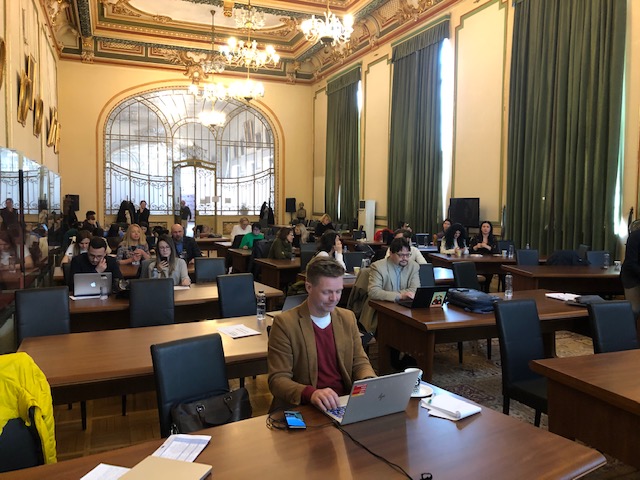
New Erasmus+ project approved
Triskelion is a part of a consortium that just got the Erasmus+ adult education project “Power of creativity: strengthening the supporting role the adult educators working with disabled” approved.
The objectives of the project are:
*to share good practices among project partners in creative disabled training
*to increase professional development of adult trainers
*to create Manual for adult trainers on Creativity&Art therapy for disabled
*to create Guide for teachers to Engagement with Disabled People
*to develop and reinforce network of organizations in the field of expressive Creativity&Art therapy for disabled
The lead partner is the NGO Creative future Ideas in Lithuania: https://www.facebook.com/creafutideas
nEUROcare meets up in Colombo, Sri Lanka
The first physical meeting in the NeuroCare project took place in Colombo, Sri Lanka, between the 7th to 11th of February 2022. The conference’s main aim was to coordinate the specific master’s programme content in detail in cooperation with 4 universities from Sri Lanka. Prof. Steve Smith and Thomas Nilsen were present from Triskelion.
Professor Zvezdan Pirtošek from the University of Ljubljana stated that this project is a pioneering one in the world since there has never been any masters program for nurses offered in Neurodegenerative diseases in the world before.
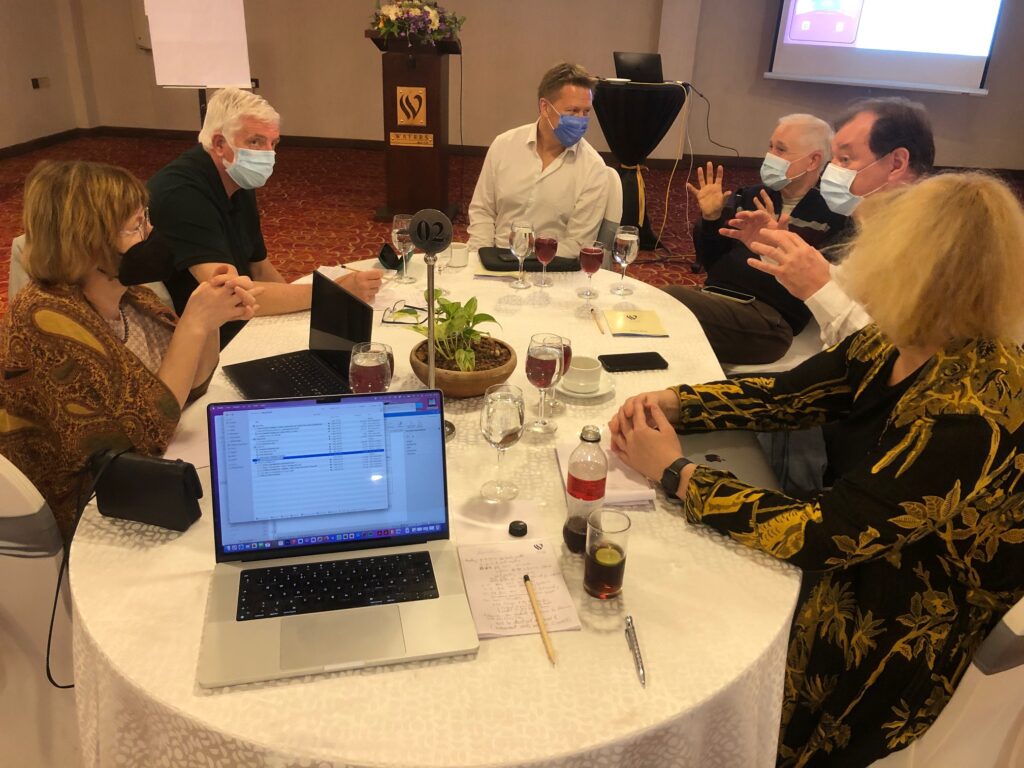
Kickoff Meeting of nEUROcare Project
The first European Kickoff in the EU Capacity building project nEUROcare- “A European initiative for capacity building to meet the challenges of caring for people with neurodegenerative disorders in Sri Lanka”, was held in Tallinn, Estonia October 2021.
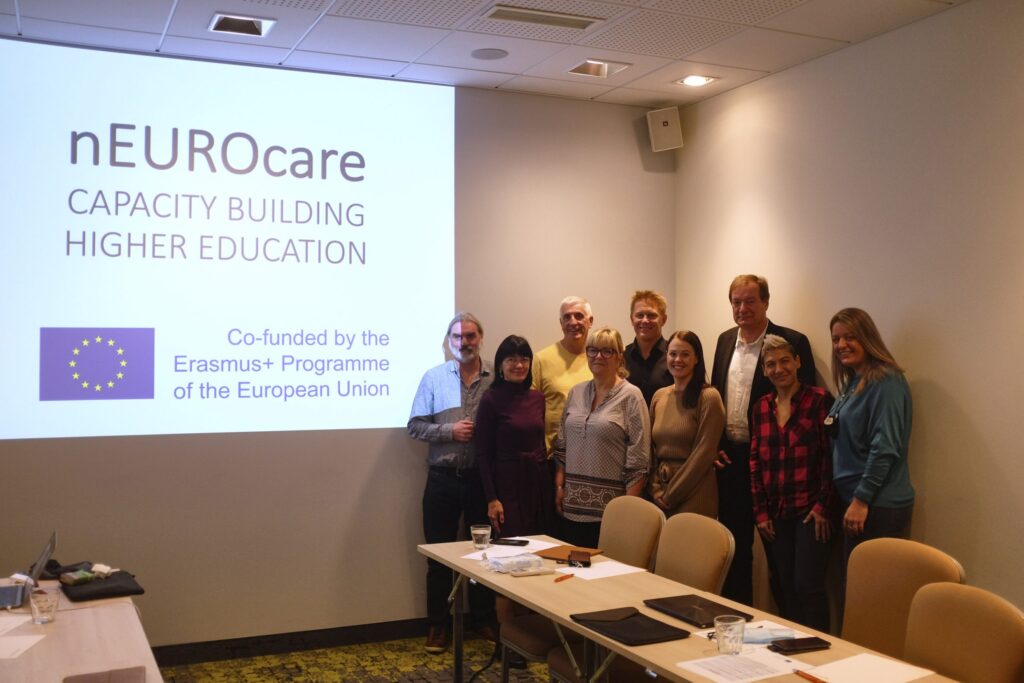
This is a Joint Project through the main coordination of Kristianstad University (Sweden) with partner Universities in Europe and Sri Lanka namely Triskelion (Norway), University of Ljubljana (Slovenia), University of Tartu (Estonia), University of Ruhuna (Sri Lanka), University of Colombo (Sri Lanka), University of Peradeniya and Kotelawala Defense University (Sri Lanka).
The project addresses the essential priorities set by the CBHE which curriculum development in “health” is of a priority in Asia. The four universities of Sri Lanka are covering the area of the highest population density in the country and there is a significant need to increase the capacity to train healthcare students and healthcare professionals about neurodegenerative diseases (NDD). By doing so, the project adheres to the CBHE Joint projects focus by developing a new curriculum and continuous training. This project will develop courses; each course will have two European partners and one Sri Lanka partner that will work together to generate the course material. This will ensure that the developed course material has input from various experts from the consortium as well as ensuring that the content is appropriate for the Sri Lankan circumstances. Finally, accreditation for the designed programs will be implemented continuously for the Sri Lankan partner universities on either a postgraduate certificate, postgraduate diploma and Masters by coursework before the end of the project time life.


